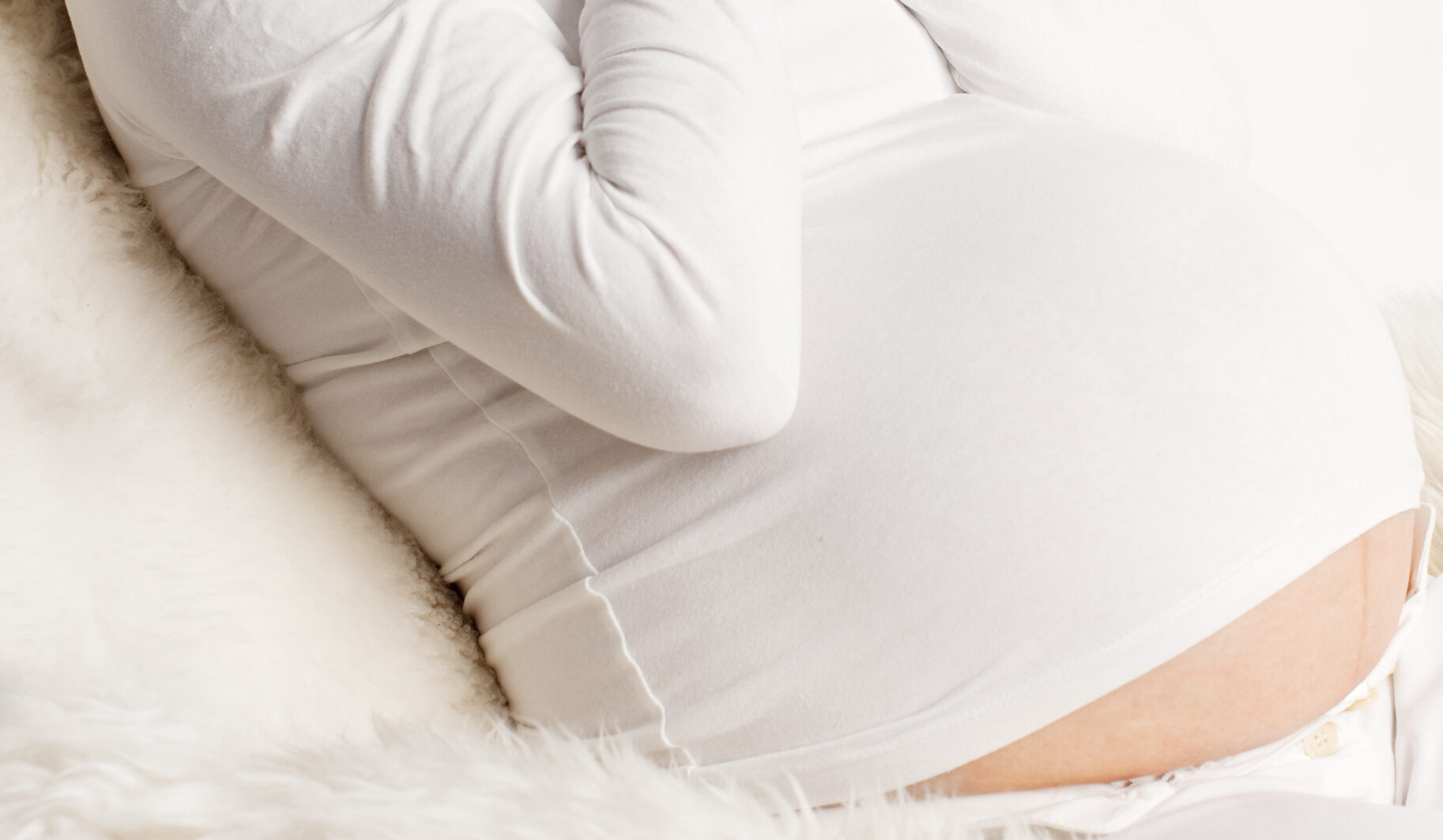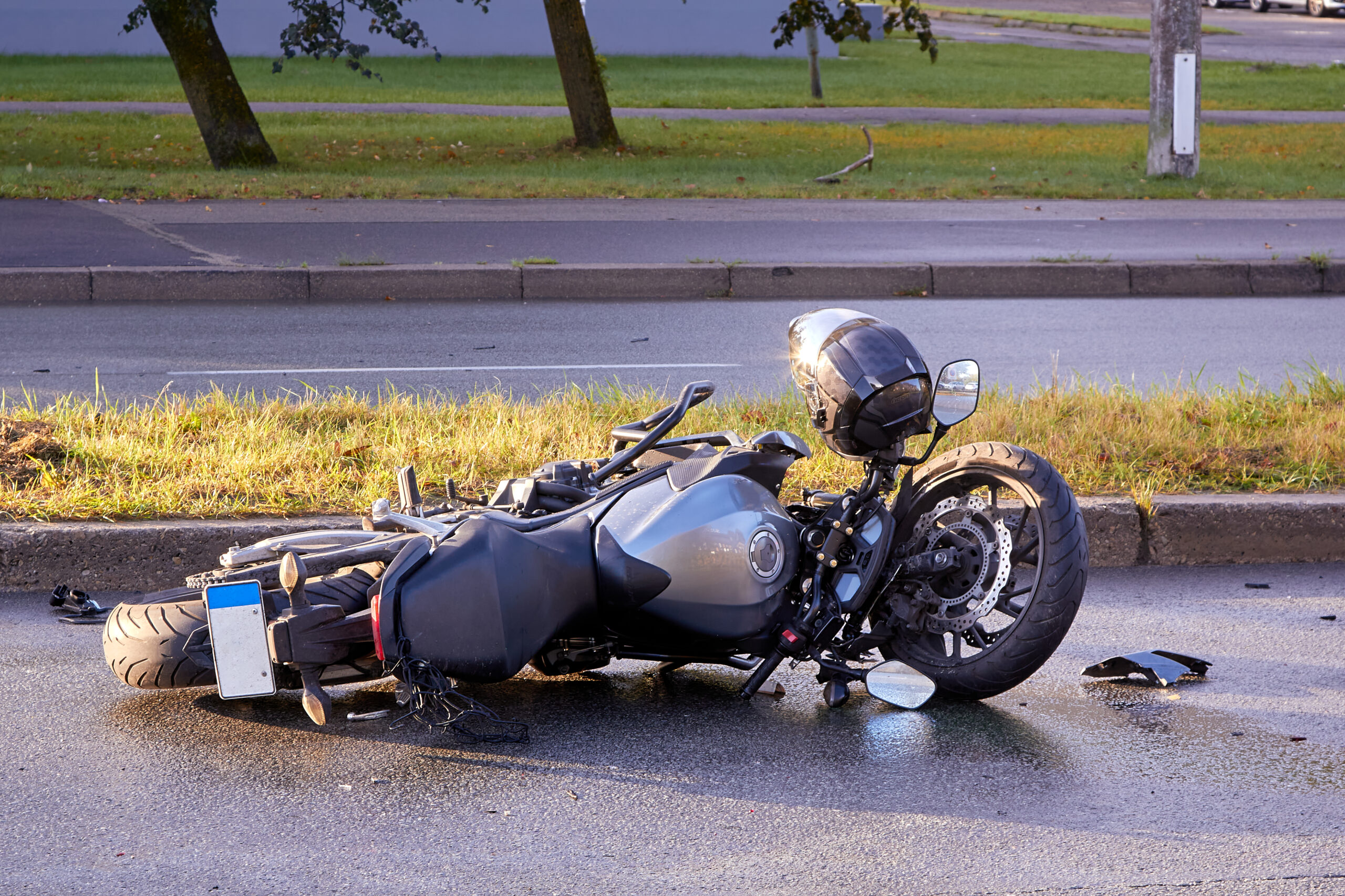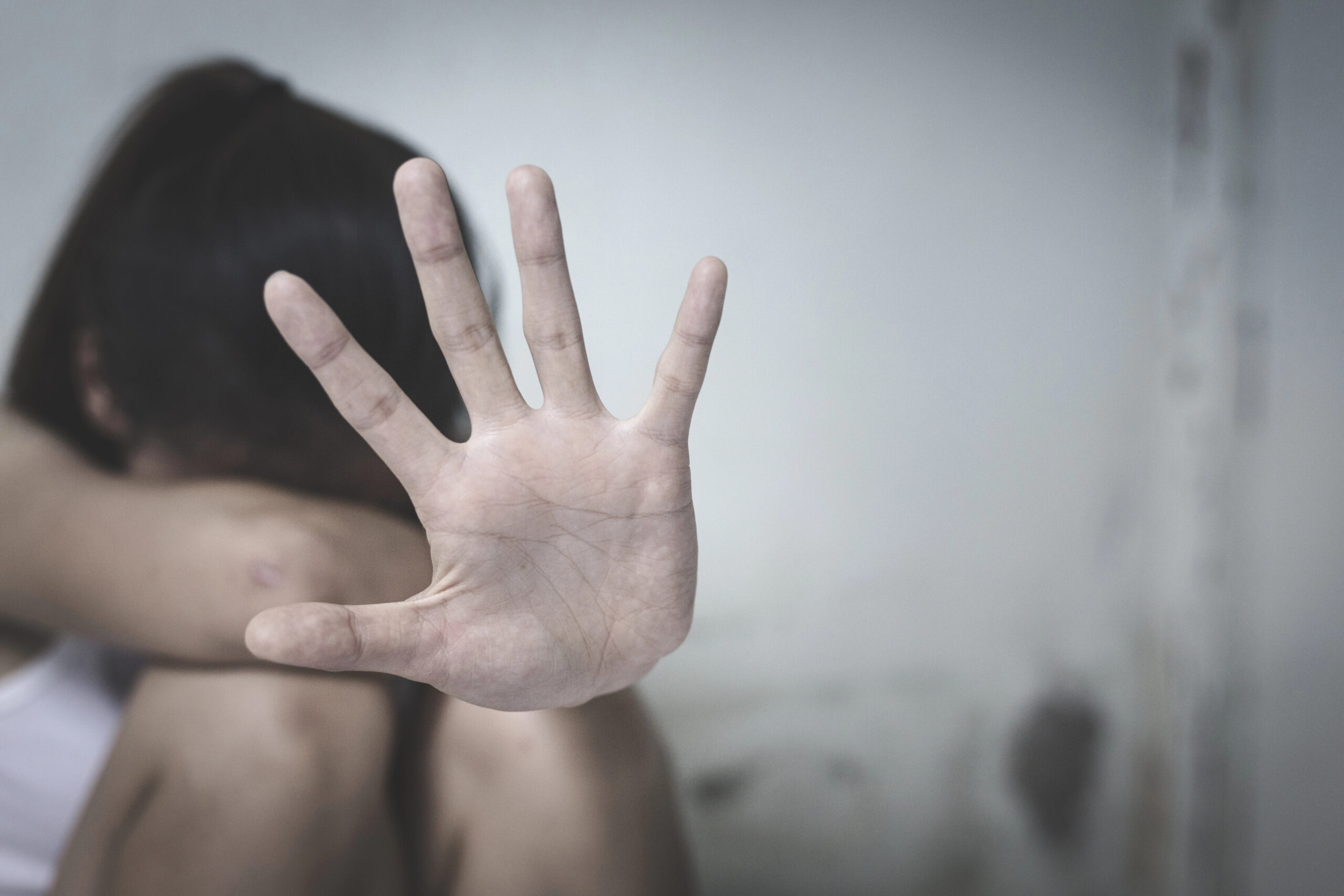Trigger warning: This blog contains explicit references to subject matter and material that may be traumatising or upsetting for survivors of institutional child sexual abuse and their families. Reader discretion is advised.
Update
This case relates to the historical sexual abuse of a child (“the respondent”) by an assistant priest, Father Bryan Coffey, and whether the Church Diocese (“the appellant”) could be held vicariously liable for Coffey’s abuse. To see our previous commentary on this case, please see the “History” below.
This update concerns an appeal against the decision at first instance brought by the Church Diocese on the following grounds:
- Whether vicarious liability could apply to the relationship between a Diocese and an assistant priest, and therefore whether it did apply in this instance to Coffey; and
- If the Diocese could be held liable, whether the abuse was sufficiently connected with the role and functions of the assistant priest so as to be the occasion for the abuse.
There was also a cross-appeal brought as to whether the trial judge had been wrong in determining that the respondent did not suffer psychiatric symptoms until his memory of the abuse was revived after he saw a notice in December 2018 discussing victims of abuse and potential compensation claims available to them.
The appeals were heard in the Court of Appeal in Victoria by Justices Beach, Nial & Kaye JJA.
Primary Appeal
It was not disputed that Coffey was not employed by the Diocese nor was he engaged by the Diocese as an independent contractor. The Court noted that while the typical example of a matter involving the application of vicarious liability was to an employee/employer relationship, they held that at [113]-[114]: “…in an appropriate case, a relationship may give rise to vicarious liability on the part of a principal, notwithstanding the tortfeasor was not an employee of the principal”. Following this, the Court upheld the decision of the trial judge as one in which vicarious liability could apply.
As the relationship between Coffey and the Diocese could attract vicarious liability for Coffey’s conduct, the next ground of appeal was whether this conduct included the specific indecent assaults perpetrated by Coffey against the defendant. Again, the decision of the trial judge was upheld at [148] and it was determined that this conduct was included as: “…the judge was well justified in concluding that the position of power and intimacy, invested in Coffey as an assistant priest of the parish, provided him not only with the opportunity to sexually abuse the respondent but also the occasion for the commission of those wrongful acts”.
Cross-Appeal
As to the issue of the cross-appeal, the Court held that the trial judge had not concluded that the indecent assaults perpetrated by Coffey did not have any effect on the respondent’s psychiatric state – as framed in the ground of appeal. Instead, the trial judge had determined that the assaults had made the respondent become susceptible to developing anxiety. After the assaults, his psychiatric symptoms were present, but inactive, and only became apparent when his memories of the assaults were recalled by the December 2018 notice.
In summary, the above decisions represent a successful outcome for a long-suffering survivor of historical child sexual abuse.
If you would like to speak to a solicitor for advice regarding institutional child sexual abuse, please contact our office at (02) 4050 0330 for an obligation-free consultation, or book an appointment online.
If reading this blog has upset you, or caused you emotional distress, and you would like some support and counselling, we encourage you to reach out to one of the leading support services listed below.
Beyondblue https://www.beyondblue.org.au/ 1300 224 636
MensLine Australia https://mensline.org.au/ 1300 789 978
Lifeline https://www.lifeline.org.au/ 13 11 14
History
Following on from previous commentary on the matter of DP (a pseudonym) -v- Bird, the Supreme Court of Victoria has now determined the question of costs.
The defendant, the Church Diocese made two settlement offers:
- A formal Offer of Compromise; and
- (24 days later) a Calderbank offer for significantly more.
His Honour, Justice J Forrest (VSC), found that the defendant was not permitted to rely on its second offer because the plaintiff only had two (2) days to contemplate it before the trial was set to resume (2 August 2021).
Nevertheless, the Offer of Compromise amount was for about $20,000 more than the judgment sum, and so costs orders were made such that:
- the plaintiff pay the defendant’s costs from 8 July 2021 onwards; but
- the defendant to pay the plaintiff’s costs of the entire proceedings up to 8 July 2021, on the ordinary basis.
Despite submissions made on behalf of the parties about the effectiveness of the Offer of Compromise, the Court found that none of the following impacted on its validity:
- the effect of an uncertain Centrelink payback;
- the availability of an economic loss report; and
- the relevance, if any, of the novel (“test case”) nature of the applicable vicarious liability argument.
——————————————————————————–
This recent Victorian case, DP (a pseudonym) -v- Bird, concerns personal injury caused by historical sexual abuse of a child by a priest – and the vicarious liability of the Church Diocese for the unlawful actions of that priest. Unfortunately, this is not the first case arising from the intentional wrongful acts of Father Bryan Coffey. We recently wrote about an unsuccessful case brought by another of Father Coffey’s (alleged) victims (Grant v Bird [2021] VSC 380 – https://conradcurrylaw.com.au/case-study-grant-v-bird-2021-vsc-380/)
On a positive note, this latest case is an example of the increasing number of successful institutional abuse cases. Survivors are now able to rely upon the wider definitions and principles promoted by the High Court in Prince Alfred College Incorporated v ADC (2016) 258 CLR 134, in establishing the vicarious liability of institutions. In short, the relevant test applied in this case was as follows:
“The appropriate inquiry is whether [Coffey’s] role as [a priest] placed him in a position of power and intimacy vis-à-vis [DP] such that [Coffey’s] apparent performance of his role as [a priest] gave the occasion for the wrongful acts and that because he misused or took advantage of his position, the wrongful acts could be regarded as having been committed in the course of his employment.”
We are buoyed by the groundswell of successful institutional abuse cases, and we continue to support survivors in their ongoing pursuit for accountability and compensation.
https://jade.io/article/889264?at.hl=DP+v+Bird+%255B2021%255D+VSC+850
If you would like to speak to a solicitor for advice regarding institutional child sexual abuse, please contact our office on (02) 4050 0330 for an obligation-free consultation, or book an appointment online.
If reading this blog has upset you, or caused you emotional distress, and you would like some support and counselling, we encourage you to reach out to one of the leading support services listed below.
Beyondblue https://www.beyondblue.org.au/ 1300 224 636
MensLine Australia https://mensline.org.au/ 1300 789 978
Lifeline https://www.lifeline.org.au/ 13 11 14










